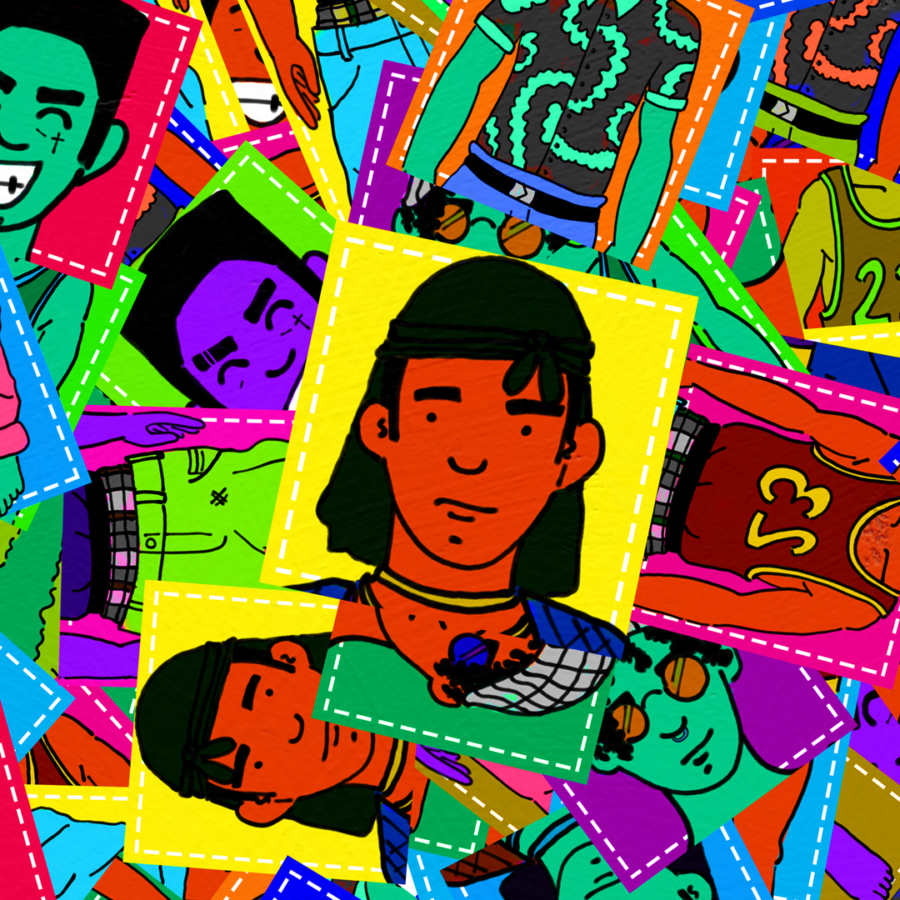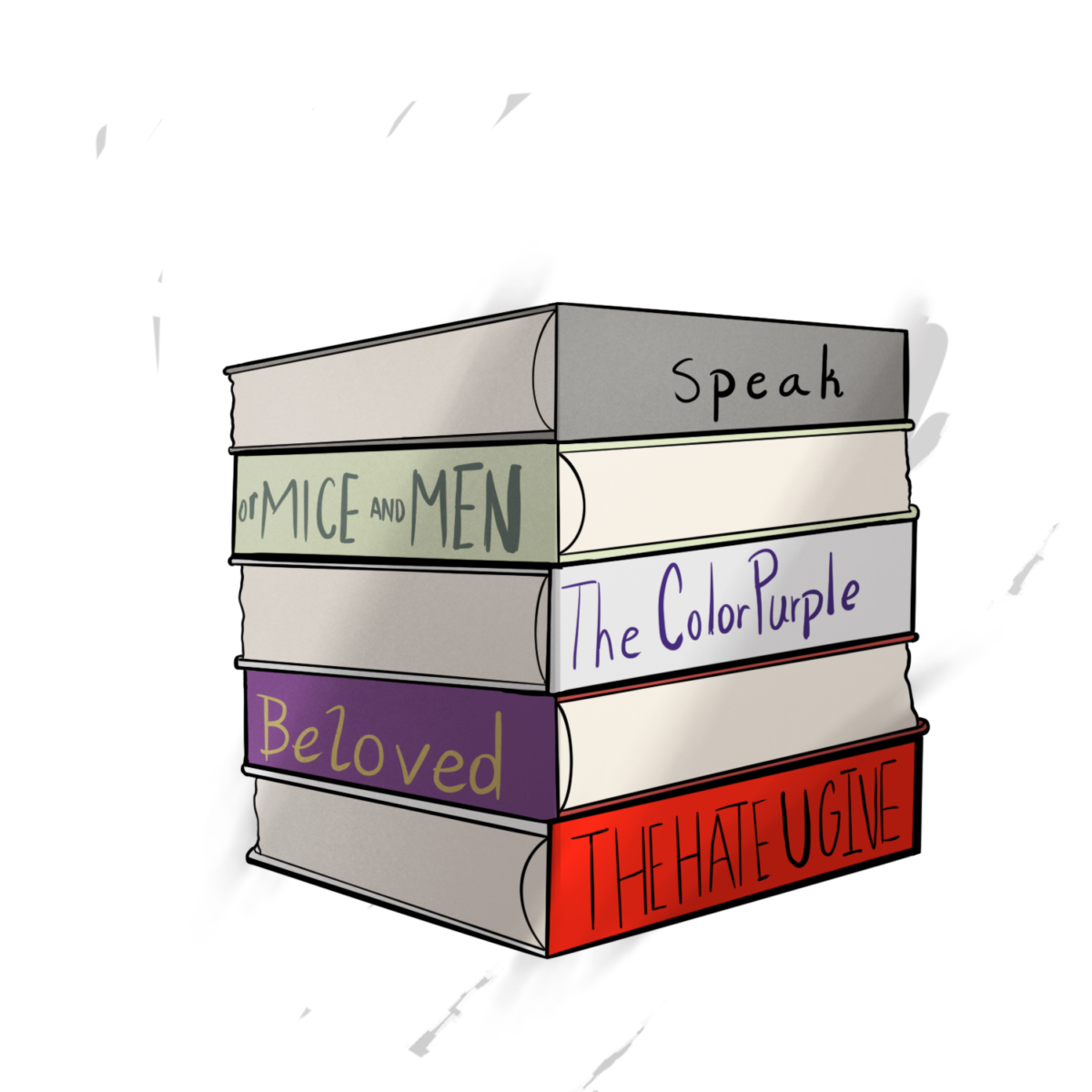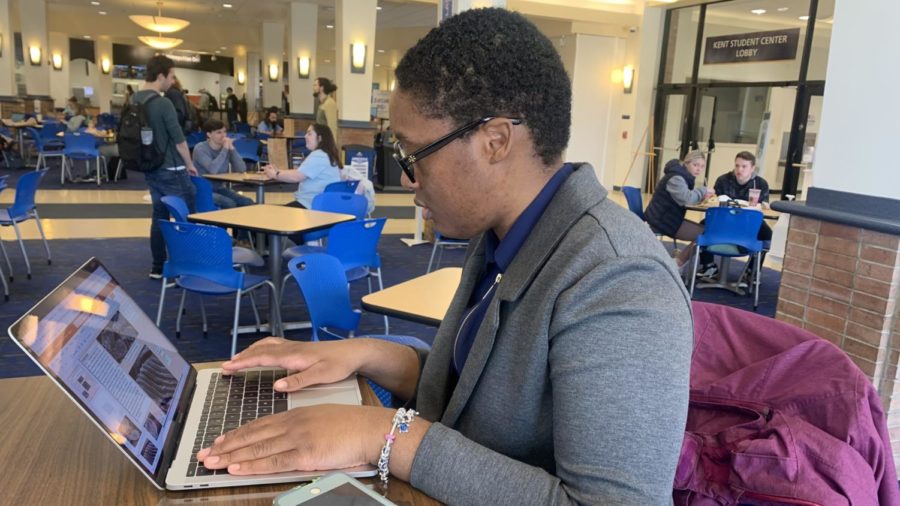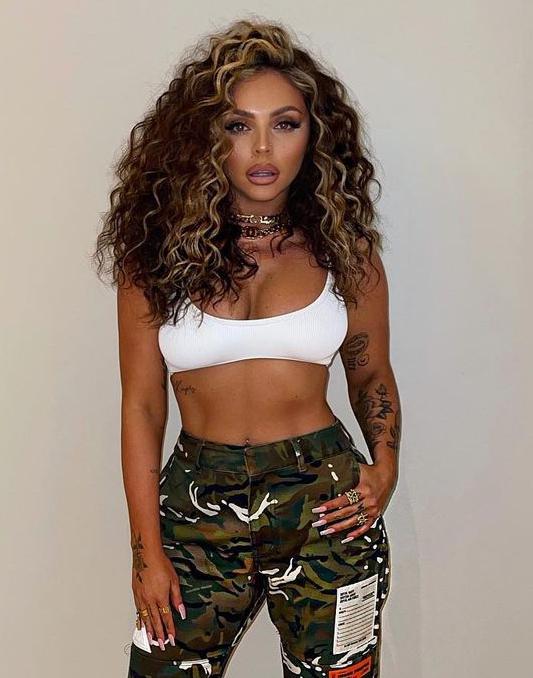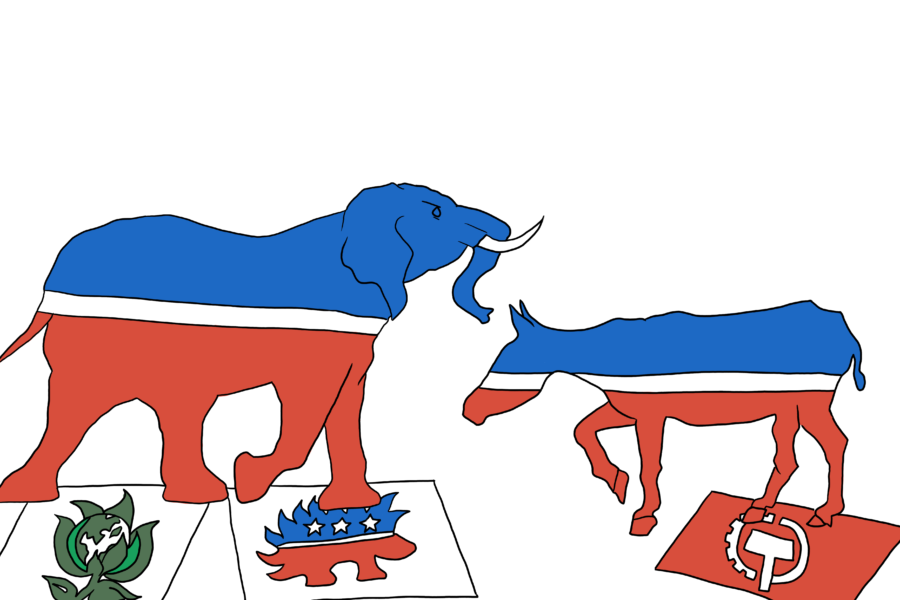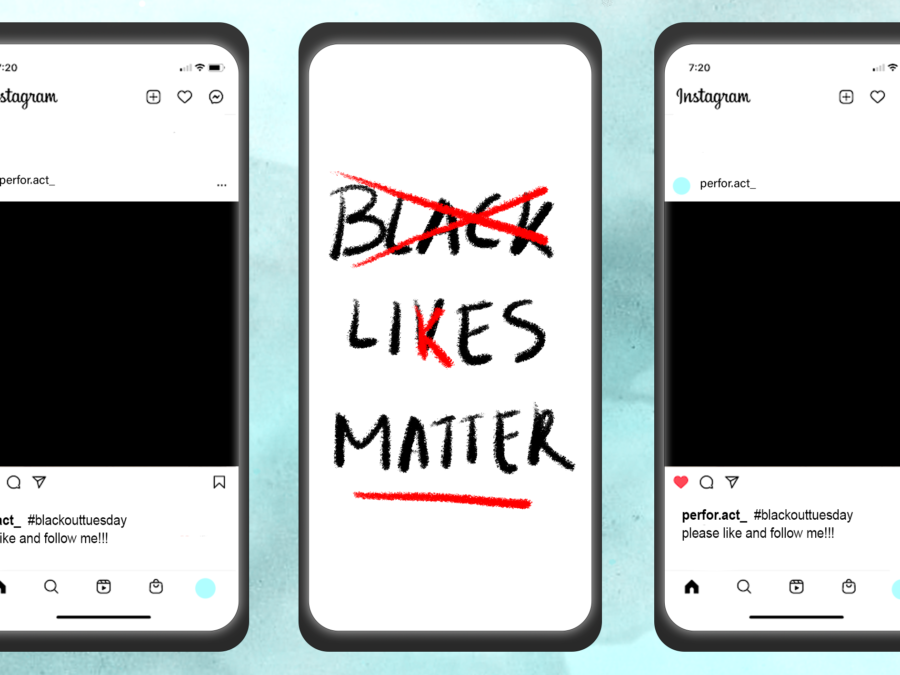Stereotypes have been intertwined in the Black community for over 150 years. Although the Black community has worked hard over the years to silence racist stereotypes, we have in turn created expectations for ourselves that directly contradict them.
In the past, Black people were mocked in minstrel shows in the 1800s for their features and assumed stupidity. As decades passed, it was a way for white people to characterize African Americans as animalistic, illiterate, and sexually driven. After the Civil War, Mammies and Uncle Toms were seen in books and movies to further classify what white people wanted Blacks to emulate.
Again, these stereotypes are not as prevalent now, but they are still seen in different ways throughout society. One stereotype that is easy to come across is the “Strong, independent Black woman that don’t need no man.” There is no denying that Black women are strong, we have persevered through many abuses and we have often been the backbone in the fight for our rights to our bodies, education, and hair. However, the once empowering trope has been met with the unfair expectation to raise a family. About 4.2 million Black families were headed by a female householder with no husband present in 2017,according to Statista.com.
Family values have always been a staple in the Black experience since before Africans were taken to the 13 colonies. Society’s want for Black women to be mothers and housewives can be traced back to the Mammy and her existence was solely to take care of the family and love it. The recent rise of Black women’s movements has created a conflict of what the true role of the Black woman is in society. Should we continue to fight to close the gap in the workplace and for more representation in higher positions, or should we find someone to spend the rest of our lives with and raise a family? A lot of Black women are doing both, but are then judged on how they decide to do it.
The Black athlete is a harsh stereotype that plagues Black men today. Championing Black men for their athleticism is a modern stereotype that has come under fire as of recently in the mainstream media. Although Black men are usually seen as athletic beasts, society immediately takes away their right to have intelligence outside of the sport.
One example of this is when Fox News host Laura Ingraham told then Cleveland Cavaliers’ player Lebron James to “Shut up, and dribble” after James’ opinions on politics were discussed in a recent interview. For some reason, Black men can’t have a say even when they become the best in their sport after working hard for years. This can also be seen on a smaller level. Black college athletes will be given huge amounts of money to go to a school, even if they don’t have the grades to be accepted, but once they get an sustaining injury they’re out for good. This teaches young, Black athletic men that they are nothing more than an athlete, further cementing their mindset that that’s all they can do.
The newest expectation that has become ingrained in a lot of young Black people’s minds is the expectation to escape those stereotypes. Now more than ever are we seeing more Black people going into medical fields, gaining a higher education, and working hard to see positive representation across any and all platforms. However, that drive is something that has consumed us while going through life. Personally, I experienced this especially in high school. The expectation for me was to be successful, but a lot of that meant disjoining from Blackness and in doing so, I felt like I couldn’t delve into my passions as much as I wanted to. Working so hard to not become a stereotype became working so hard to not being Black, but I will ALWAYS be Black.
The expectations that we are given can often limit us more than they free us and so do the stereotypes that have been placed on to us. Trying to so hard to escape these expectations can hinder us further, and a solution is something that only time can show us. Although there are many people who might fit into certain stereotypes, it doesn’t mean that these stereotypes are needed to be Black. I’m not a fast runner, a rap god, or exotic jezebel. I like musicals and traveling, and singing loudly in my car. Whether we decide to be independent, an intellectual, an athlete, or all of the above, the choices we make and the expectations we live up to are all ours. Not everything society makes of me is the truth. I am me, not anyone’s expectations of me. And that’s reality.
No Limits: Living Beyond Expectation
November 10, 2018
0
Donate to UHURU Magazine
Your donation will support the student journalists of Kent State University - Uhuru Magazine. Your contribution will allow us to purchase equipment and cover our annual website hosting costs.
More to Discover

